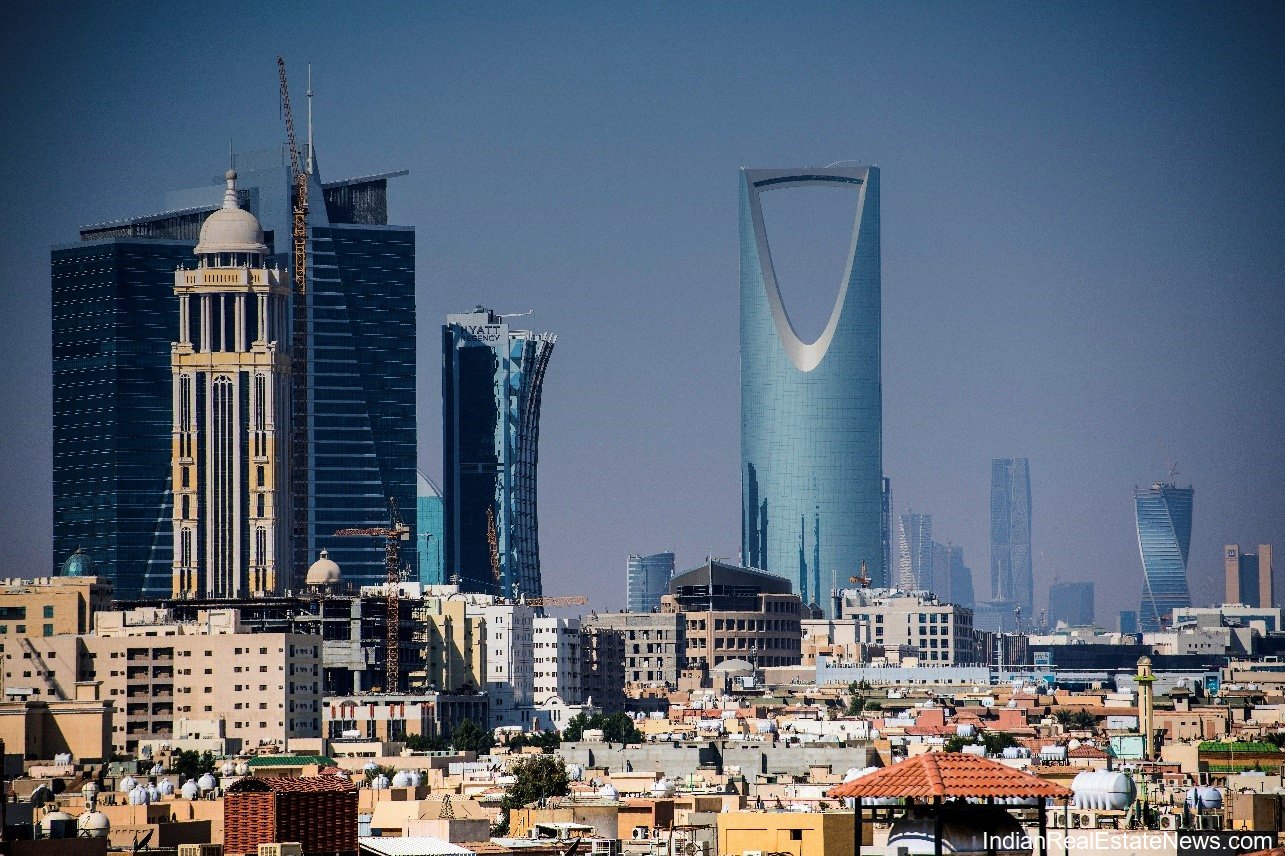In a groundbreaking move slated to reshape the real estate landscape, Saudi Arabia has announced a new property law set to open its markets to foreign ownership starting January 2026. This strategic reform is a cornerstone of Saudi Arabia’s Vision 2030, aimed at transforming the Kingdom into a global investment hub by diversifying its economy beyond oil.
Key Highlights of the New Property Law
| Feature | Details |
|---|---|
| Effective Date | January 2026 |
| Geographic Scope | Designated areas, initially focusing on Riyadh and Jeddah |
| Strategic Objectives | Increase real estate supply, attract FDI, enhance economic diversification |
| Safeguards and Controls | Strict procedural controls to protect Saudi interests |
| Executive Regulations Timeline | 180 days post-publication for detailed regulations |
The law marks a historic shift in Saudi Arabia’s property policy, opening the door for non-Saudis to own real estate within designated zones. Initial regions of focus include major urban centers such as Riyadh and Jeddah, while ownership in Mecca and Medina will be subject to additional regulations.
Economic Drivers Behind the Reform
The real estate sector has witnessed significant growth, with its contribution to the national GDP nearly doubling from 5.9% in 2023 to approximately 12% in 2024. This surge underscores the sector’s vital role in Saudi Arabia’s non-oil economy.
“The new property law is a testament to our commitment to economic diversification and attracting global investment,” stated an official from the Saudi Real Estate General Authority.
In 2024 alone, Saudi authorities issued 192 new real estate project licenses and 3,800 construction permits, reflecting a strong domestic and international appetite for property investment. Furthermore, over 130 foreign real estate investment licenses were granted, showcasing growing confidence among global investors.
Market Trends and Real Estate Performance
Residential Sector Growth
Saudi Arabia’s residential market is booming, driven by urban expansion, favorable demographics, and government-backed housing initiatives. The rising demand is evident in the 17% year-on-year increase in new residential mortgages in 2024.
- Riyadh: Average villa prices nearing SAR 6,000 per square meter
- Jeddah: Apartment values averaging SAR 4,000 per square meter
- Villa prices in Jeddah around SAR 5,700 per square meter
Office and Commercial Real Estate
The commercial real estate market, particularly in Riyadh, is thriving due to increased corporate demand. Prime office spaces are near full occupancy, driving rental growth.
Rental rates in Riyadh’s office sector increased by 18% in the past year, with Jeddah and Dammam also witnessing healthy growth. Developers are fast-tracking commercial construction to meet demand.
Implications for Foreign Investors and Developers
For foreign investors, Saudi Arabia’s new property law offers unprecedented access to a dynamic and appreciating market. With major urban centers experiencing rising prices and rental yields, the potential for long-term returns is significant.
“This reform aligns with our broader strategic goals and offers compelling opportunities for global investors,” commented a representative from the Ministry of Investment.
Foreign participation will be facilitated through direct ownership in designated zones and indirect equity stakes in property firms, especially in high-demand areas like Mecca and Medina.
Looking Ahead
Saudi Arabia’s decision to open its real estate market to foreign ownership is a pivotal moment in the Kingdom’s economic journey. By systematically allowing non-Saudis into the market, Saudi Arabia is poised to strengthen its position as a global investment destination.
In the near term, the focus will be on implementing executive regulations and finalizing eligible zones. However, initial indicators such as investor interest and licensing growth point to a promising trajectory for foreign investment in Saudi Arabia’s real estate sector.
Q1: When will the new property law come into effect?
A: The new property law will be effective from January 2026.
Q2: Which areas will be open to foreign ownership?
A: Initially, designated areas in major urban centers like Riyadh and Jeddah will be open to foreign ownership.
Q3: What are the strategic goals of this reform?
A: The reform aims to increase real estate supply, attract global investors, and support economic diversification.
Q4: How has the real estate sector contributed to Saudi Arabia’s economy?
A: The sector’s contribution to GDP nearly doubled in 2024, highlighting its growing importance in the non-oil economy.
Q5: What opportunities does the new law present for foreign investors?
A: It provides direct and indirect investment opportunities in a rapidly growing real estate market with strong returns.
Saudi Arabia’s real estate market reform not only drives economic diversification but also establishes a framework for sustainable growth and global investor integration, reinforcing its status as a premier investment hub.
